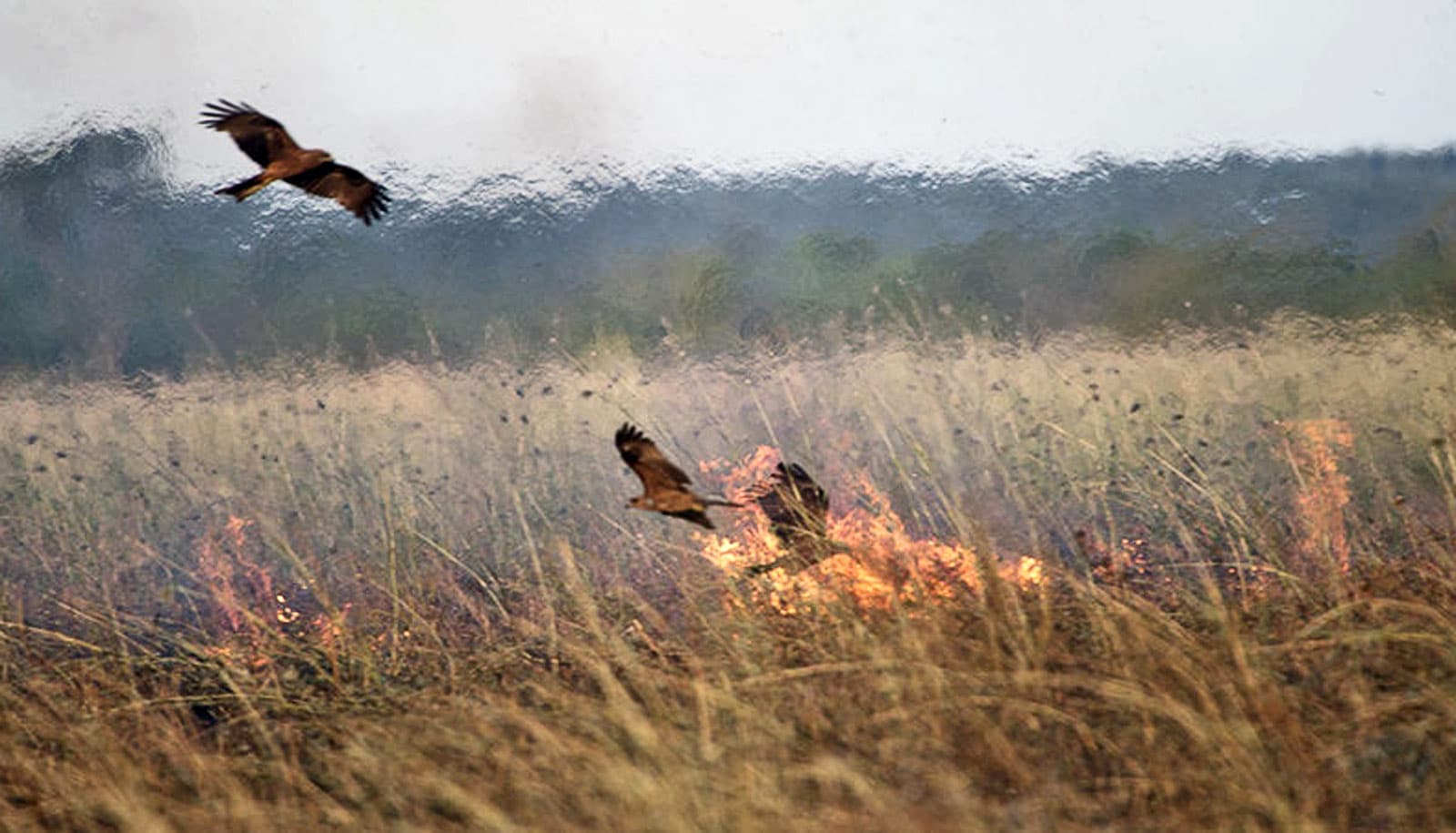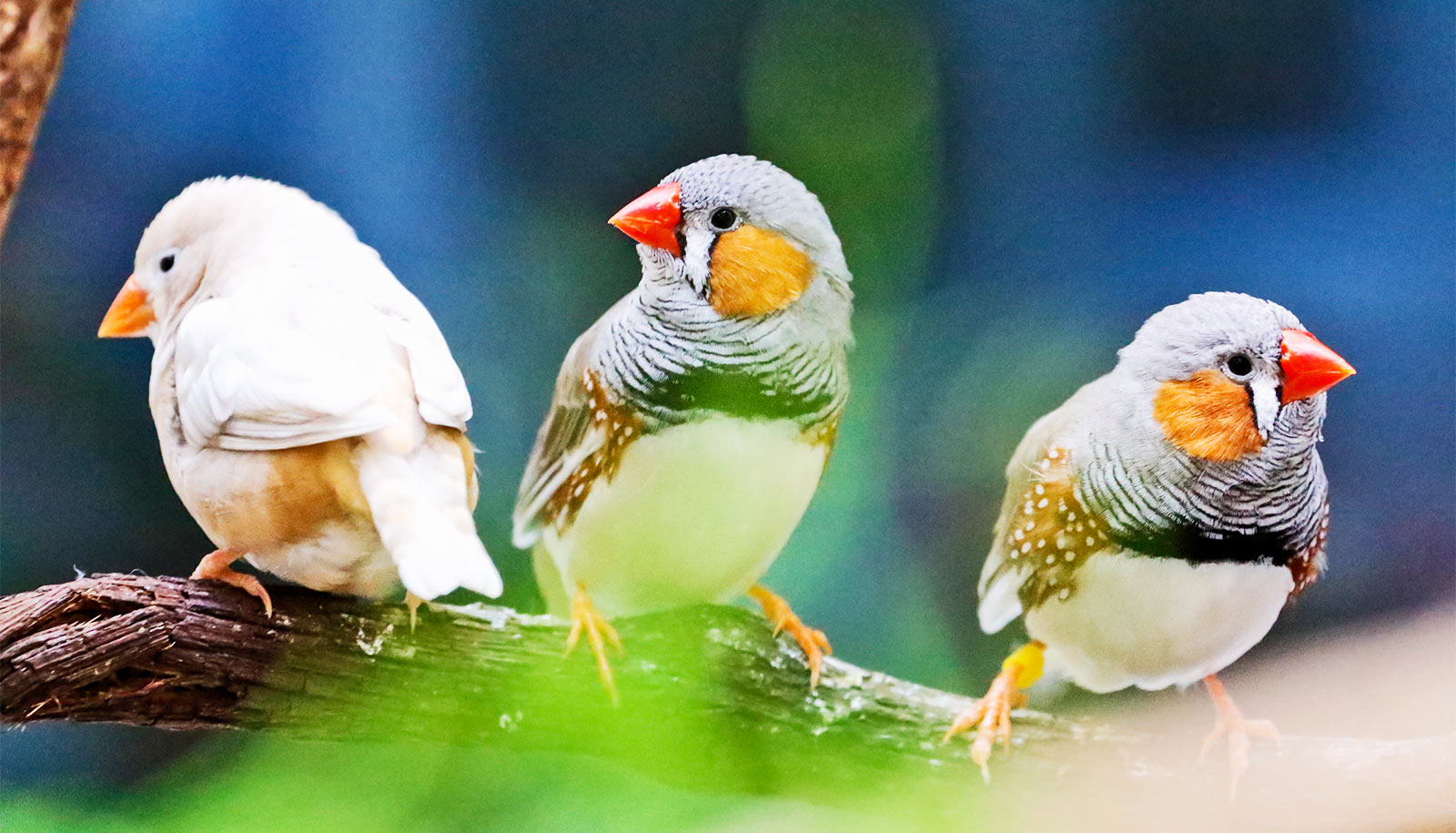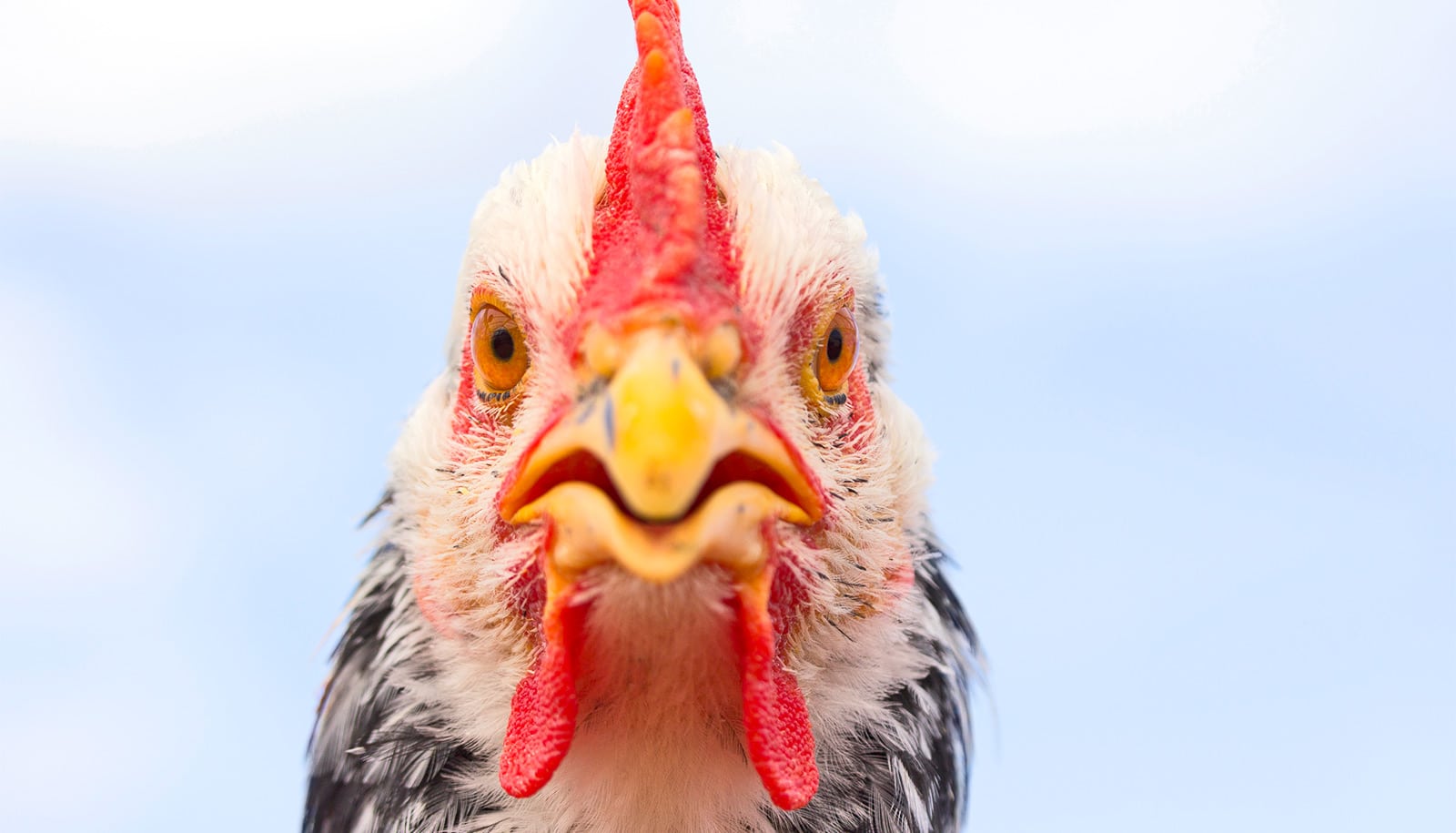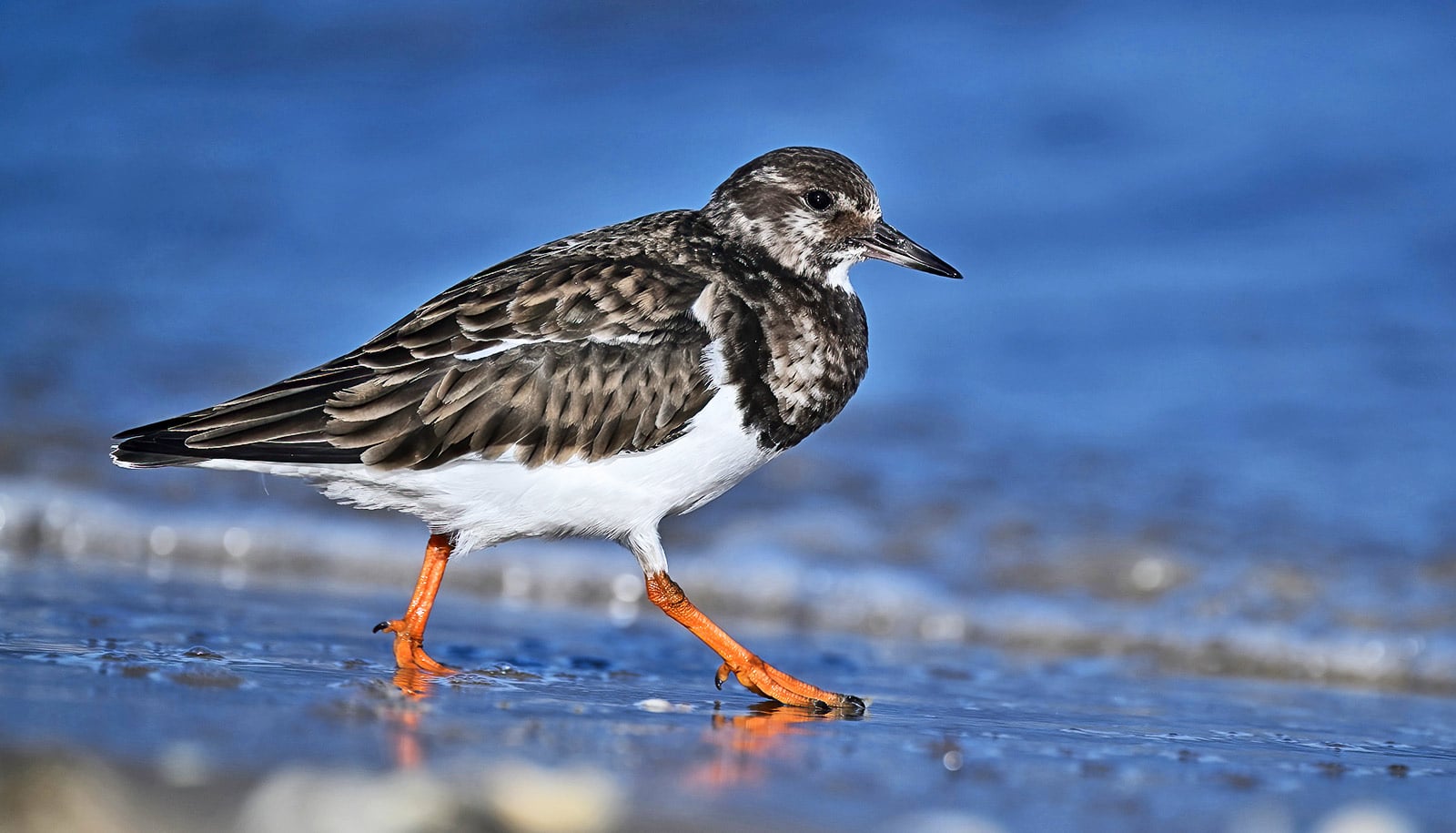As Aboriginal people have known for tens of thousands of years, some species of birds in the Northern Territory of Australia seem to spread fires intentionally to make food collection easier.
“This is not a new discovery,” says Mark Bonta, assistant teaching professor of earth sciences at Penn State Altoona, when asked about these “firehawks.”
Firehawks carry sticks already burning from a wildfire and drop them in another area, which sets a new fire; as small mammals and insects race to escape the flames and smoke, they become easy pickings for the raptors.
A new article in the Journal of Ethnobiology by Bonta and colleagues discusses the evidence in support of firehawks, as does an article just published in the New York Times. A lot of skepticism exists about whether the birds use fire as a tool.
“In the Western mind, fire is the one thing animals don’t have. Fire is what made us human,” Bonta says. “We take for granted ignition and the ability to burn. There’s a lot to be said for what fire did for us—incredible weapons, firearms, being able to set fires. Fire is what gave us power over other animals.”
“Westerners have done little but isolate ourselves from nature.”
Although the focus is on northern Australia, fire-setting behaviors among birds may not be limited by species or geography. The birds known as firehawks include the black kite, whistling kite, and brown falcon; black kites live in Asia and Africa. Bonta notes some “old reports from Texas and Florida” about caracaras setting fires as well.
Ongoing bird research will help answer questions, of course. “There’s loads to find out,” Bonta says, citing recent findings. “We just learned in 2016 that birds’ neurons are packed differently. They’re way smarter than we thought. We’re just beginning to understand avian memory. Crows’ problem-solving ability is amazing. There are a lot of tool-using behaviors.”
Why having a ‘bird brain’ is actually awesome
Part of the reason Westerners may have trouble accepting the concept of firehawks, Bonta suggests, is our lack of connection to our environment: “Westerners have done little but isolate ourselves from nature,” he says. Yet those who make a point of connecting with our earth in some form—he uses turkey hunters as an example—”have enormous knowledge because they interact with a species. When you get into conservation [that knowledge] is even more important.”
Aborginal people “don’t see themselves as superior to or separated from animals. They are walking storehouses of knowledge,” says Bonta.
But empirical evidence is in the eye of the beholder. While Aboriginal people have known about firehawks for a very long time, there is not yet video evidence to “prove” it to Western scientists. Bonta hopes new attention to the subject will “stimulate other people to go out into the field and study this. This should inspire.”
Source: Penn State



